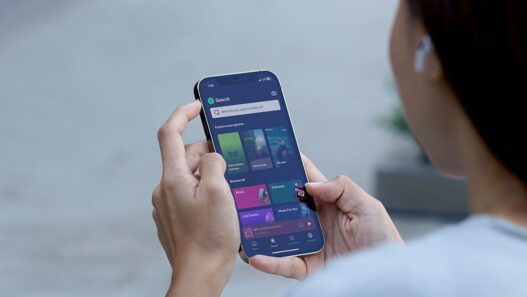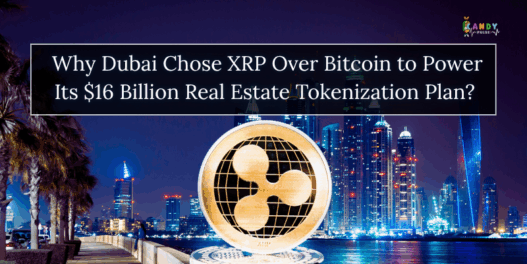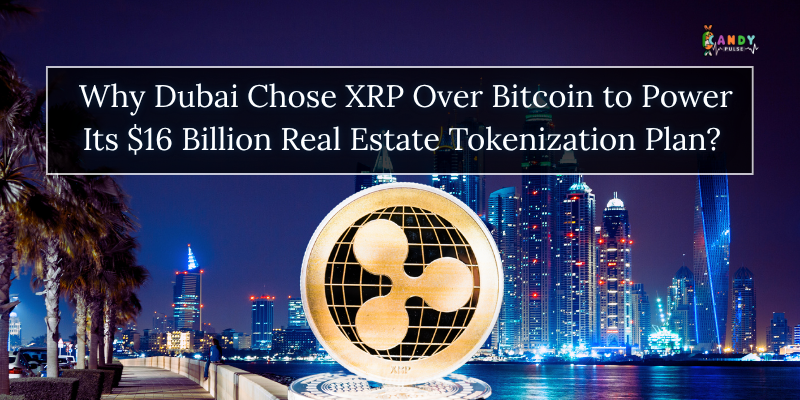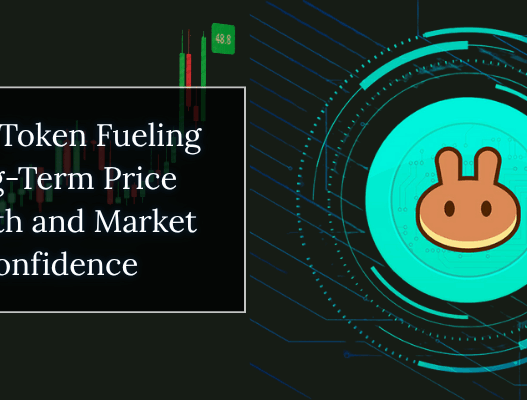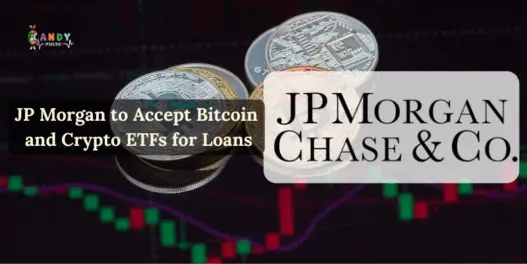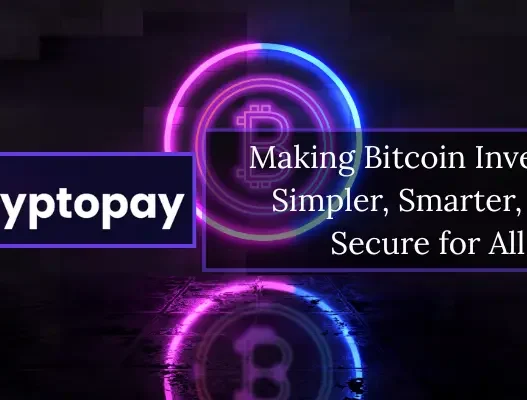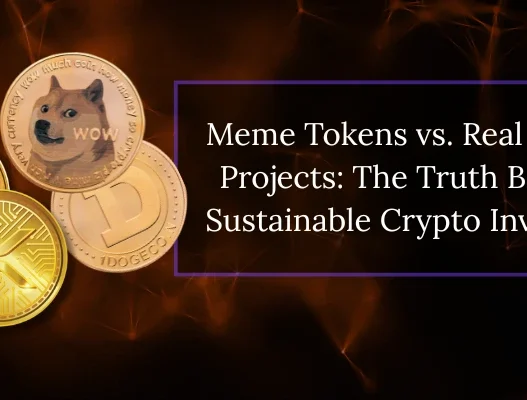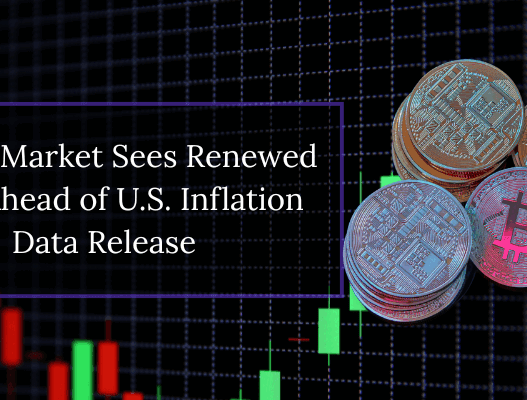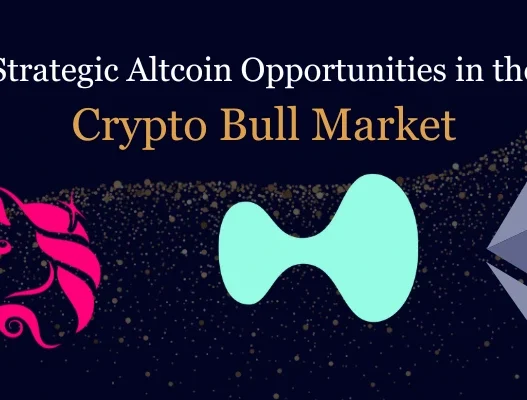XRP hit the headlines when Dubai picked it up over Bitcoin for tokenizing their USD 16 Billion real estate assets. This move has made us wonder why the world’s most forward looking cities would choose on XRP’s blockchain over world’s most famous crypto? Let us break it down and have an in-depth analysis behind their choice.
To start with Bitcoin, though, is a flagship crypto, yet its blockchain design is not compatible for large scale asset transfers. XRP’s infrastructure on the other hand holds an advantage over Bitcoin. Where XRP can process a transaction within 3-5 seconds and with minimum fee, Bitcoin can take up to 10 minutes plus much higher cost.
Let’s also not forget scalability. XRP can handle 1500 transactions per second in comparison to Bitcoin’s 7 transactions per second. This can be a crucial factor which makes it ideal for the property market which needs quick transactions without lag or delay. Another point to be noted is that XRP consumes less energy in its mechanism, which aligns with Dubai’s environmental sustainability goals.
Next major factors can be regulatory compliance and Institutional support for XRP. Ripple holds a regulatory license from DFSA (Dubai Financial Services Authority) that enables it to offer crypto payments within DIFC (Dubai International Financial Centre). Also, many government initiatives like Dubai’s VARA and DFF are working together to let blockchain into the real estate sector. Here too XRP is playing a central role. This also provides a stable ground to XRP over Bitcoin.
Dubai aims to become a global hub for digital innovation and blockchain technology. XRP’s efficiency along with Ripple’s developer ecosystem aligns with their vision. Their institutional partnerships are all set to enable Dubai to take center stage in using blockchain for real world assets.
XRP’s practical applications are beyond theory. Its collaboration with DIFC Innovation Hub helps startups in building real tokenized solutions on its ledger. Globally too its making momentum, all thanks to its innovation in DeFi. Real estate markets like Japan, started accepting XRP for property transactions. This momentum makes XRP a perfect fit for Dubai’s tokenization goals.
To sum up, XRP offers a faster, more cost-effective, and scalable infrastructure compared to Bitcoin. Dubai’s selection of XRP over Bitcoin is an outcome of a well worked upon strategy. By prioritizing speed, cost efficiency, and ecosystem readiness, Dubai is all set to become a global leader in the blockchain-enabled real estate market.
While Bitcoin remains an iconic asset, XRP’s capabilities offer a sustainable solution for transforming the real estate market through blockchain technology. No wonder it is exactly the kind of project Dubai is looking for.





